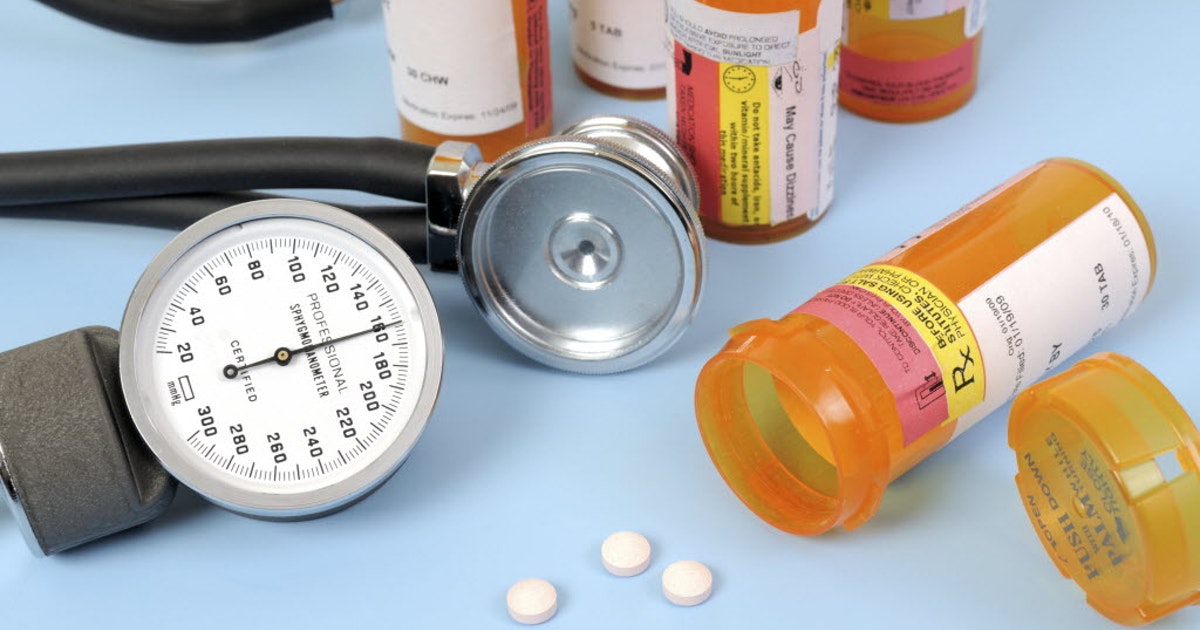Guide To Treating Diabetic Nephropathy
Up to forty percent of individuals with diabetes will eventually develop diabetic nephropathy, an often dangerous kidney complication. It affects patients with type I and type II diabetes. This condition negatively impacts the ability of the kidneys to filter waste out of the bloodstream. As time goes on, this condition slowly erodes the function of the kidneys to the point they may fail altogether. Kidney failure is incredibly dangerous. Early stages of this condition often have no symptoms, but as it progresses, symptoms of diabetic nephropathy include loss of appetite, confusion, persistent itching, and swelling in the feet, ankles, eyes, or hands. Catching the condition early and making changes can help slow down or even stop the progression of diabetic nephropathy. Reveal the best methods of treating this condition now.
Controling High Blood Pressure

High blood pressure can impact the kidneys and their ability to do their job. This is one of the reasons it is vital for anyone with diabetes to work closely with their doctor to monitor and prevent other health problems. Patients who have struggled with high blood pressure and have diabetes should ask a doctor about testing their kidney function. When dealing with diabetes, studies have shown a blood pressure reading of 140/90 or lower is ideal. Doctors may recommend either angiotensin II receptor blockers or angiotensin-converting enzyme (ACE) inhibitors to achieve this. They will also choose the one better suited for their patient for controlling high blood pressure. Taking both types of medications increases the risk of side effects.
Keep reading for more on the ways in which to treat diabetic nephropathy.
Managing Blood Sugar Levels

One of the best ways to treat diabetic nephropathy is to keep managing blood sugar levels. Patients who are already doing the things necessary to manage their diabetes are taking steps toward slowing or even stopping the progression of kidney disease. There are many natural ways to lower blood sugar levels if necessary. Exercise is important because it helps increase insulin sensitivity and everyone's muscles can use up extra blood sugar. Dietary changes, such as decreasing carbohydrate intake and increasing fiber intake, can make a major impact as well. Eating proper portions and managing weight can also help with managing blood sugar levels. Another crucial thing to remember is to always stay hydrated. Water is the best beverage to choose. Remember sugary drinks such as soda and some juices can actually raise blood sugar.
Learn more information about how to treat diabetic nephropathy now.
